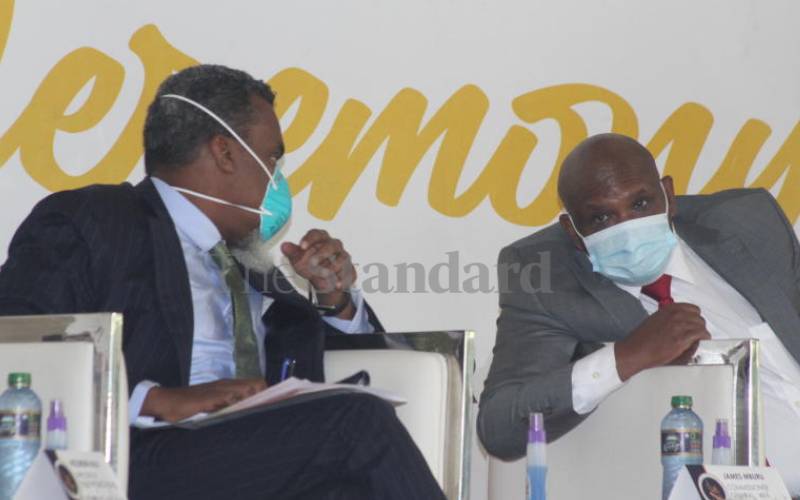×
The Standard e-Paper
Fearless, Trusted News

Manufacturers can only get Value Added Tax (VAT) refunds on unsold stock. This follows a High Court ruling against a petition by three drug manufacturers.
High Court Judge Weldon Korir, while dismissing the petition, noted that the manufacturers had not indicated the unsold stock on which they claimed a refund of VAT input tax. Previously known as sales tax, VAT is levied at consumption at a maximum rate of 16 per cent.